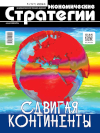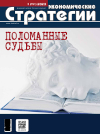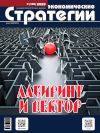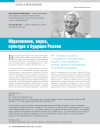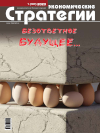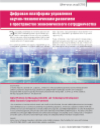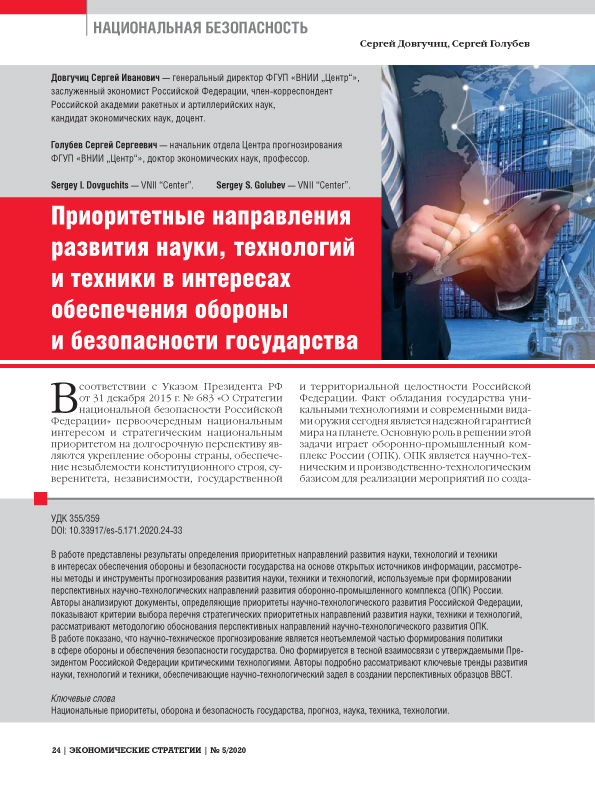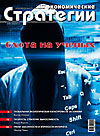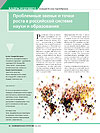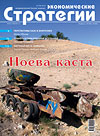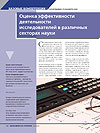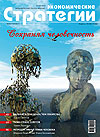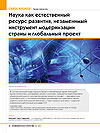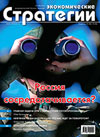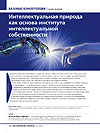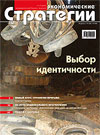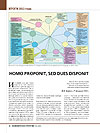DOI: 10.33917/es-5.191.2023.72-77
In the context of growing technological gap between the Russian Federation and developed countries, restrictions on developing scientific research and innovation due to narrowing scientific cooperation opportunities, reduced access to world scientifictechnical achievements and scientific equipment, as well as low demand from public and business sectors of the economy for scientific, scientific-technical and innovative products, the role of strategic management in the sphere of scientific-technological development, aimed at increasing the role of science in reproductive processes, ensuring the optimal choice of priority areas in science, technology and engineering, concentration of existing scientific, technical and innovative potential for their implementation in a short term, is significantly increasing. The present article analyzes the current system of state strategic management of scientific-technological development, gives recommendations for its improvement with a focus on the final result of scientific, scientific-technical and innovative activities by ensuring the integrity and continuity of innovative processes.
References:
1. Nauka. Tekhnologii. Innovatsii: 2023: Kratkii statisticheskii sbornik [Science. Technologies. Innovations: 2023: Brief Statistical Compendium]. Moscow, NIU VShE, 2023, 102 p.
2. Mindeli L.E., Ostapyuk S.F., Fetisov V.P. Gosudarstvennoe upravlenie nauchno-tekhnicheskoi deyatel’nost’yu v Rossii: sostoyanie i perspektivy [State Management of Scientific and Technical Activities in Russia: Current State and Prospects]. Moscow, Institut problem razvitiya nauki RAN, 2018, 108 p.
3. Ostapyuk S.F., Fetisov V.P. O sovershenstvovanii modeli strategicheskogo upravleniya v sfere nauki i tekhnologii [On Improving the Strategic Management Model in the Field of Science and Technology]. Mikroekonomika, 2022, no 6, pp. 5–18.
4. Chereshnev V.A., Todosiichuk A.V. Nauka v Rossii: sostoyanie, problemy, perspektivy razvitiya [Science in Russia: State, Problems, Development Prospects]. Vestnik Rossiiskoi akademii nauk, 2022, vol. 92, no 3, pp. 201–212.
5. Todosiichuk A.V. Usloviya i faktory nauchno-tekhnologicheskogo i innovatsionnogo razvitiya ekonomiki [Conditions and Factors of Scientific, Technological and
Innovative Development of the Economy]. Vestnik Rossiiskoi akademii nauk, 2023, vol. 93, no 3, pp. 237–245.
6. Indikatory nauki: 2022: Statisticheskii sbornik [Science Indicators: 2022: Statistical Compendium]. Moscow, NIU VShE, 2022, 400 p.
7. Sotsial’no-ekonomicheskoe polozhenie Rossii. 2022 god [Socio-economic Situation in Russia. 2022]. Moscow, Federal’naya sluzhba gosudarstvennoi statistiki, 2022, no 12, 340 p.
8. Sotsial’no-ekonomicheskoe polozhenie Rossii. 2023 god [Socio-economic Situation in Russia. 2023]. Moscow, Federal’naya sluzhba gosudarstvennoi statistiki, 2023, no 5, 287 p.
9. Todosiichuk A.V. Upravlenie naukoi v nestatsionarnoi ekonomike [Management of Science in a Non-stationary Economy]. Naukovedcheskie issledovaniya, 2022, no 3, pp. 71–85.


